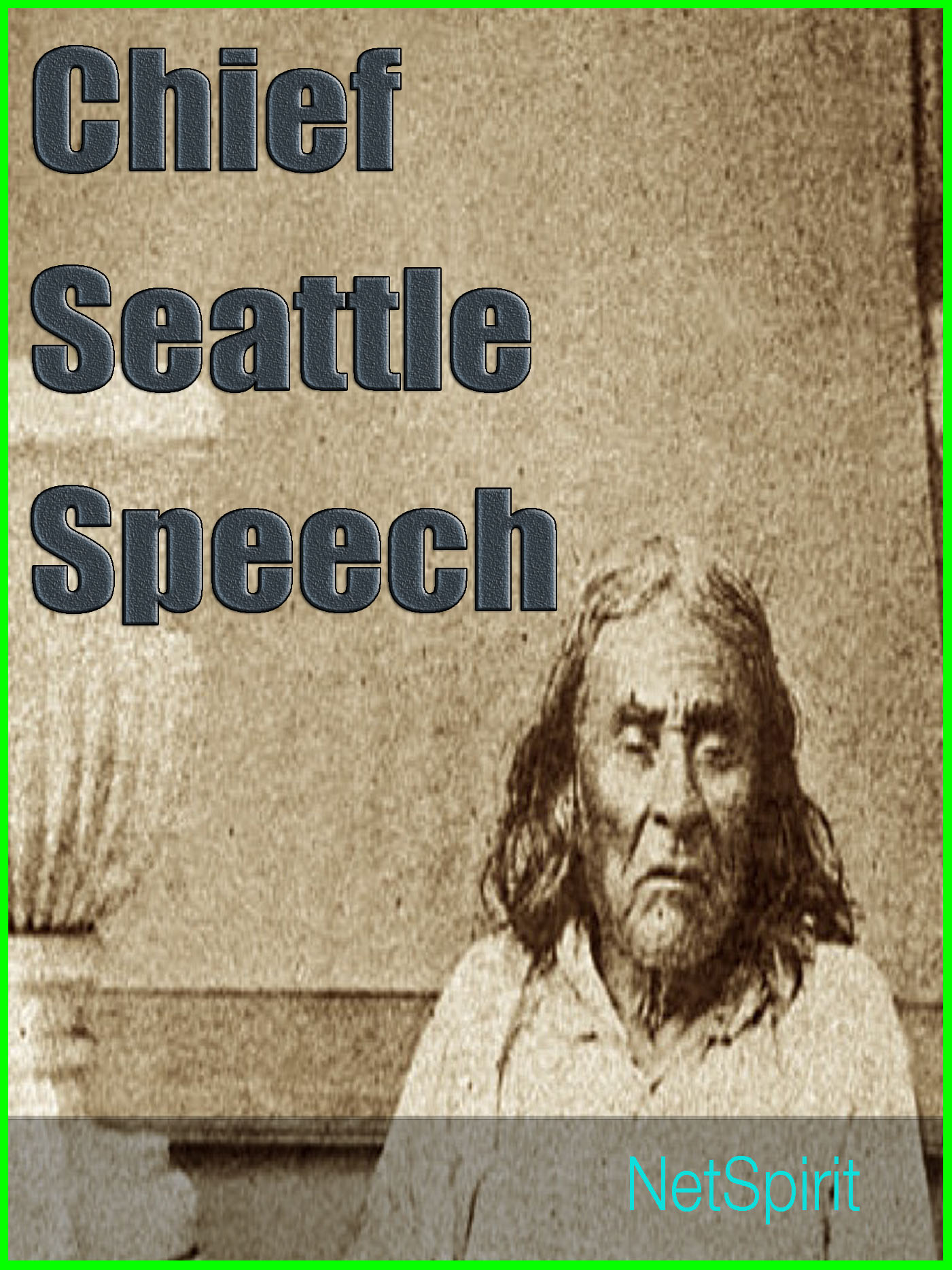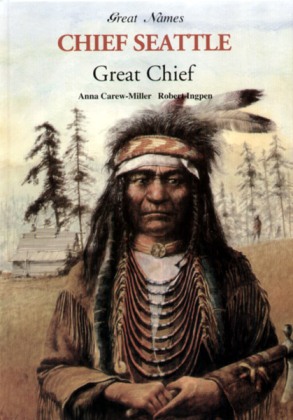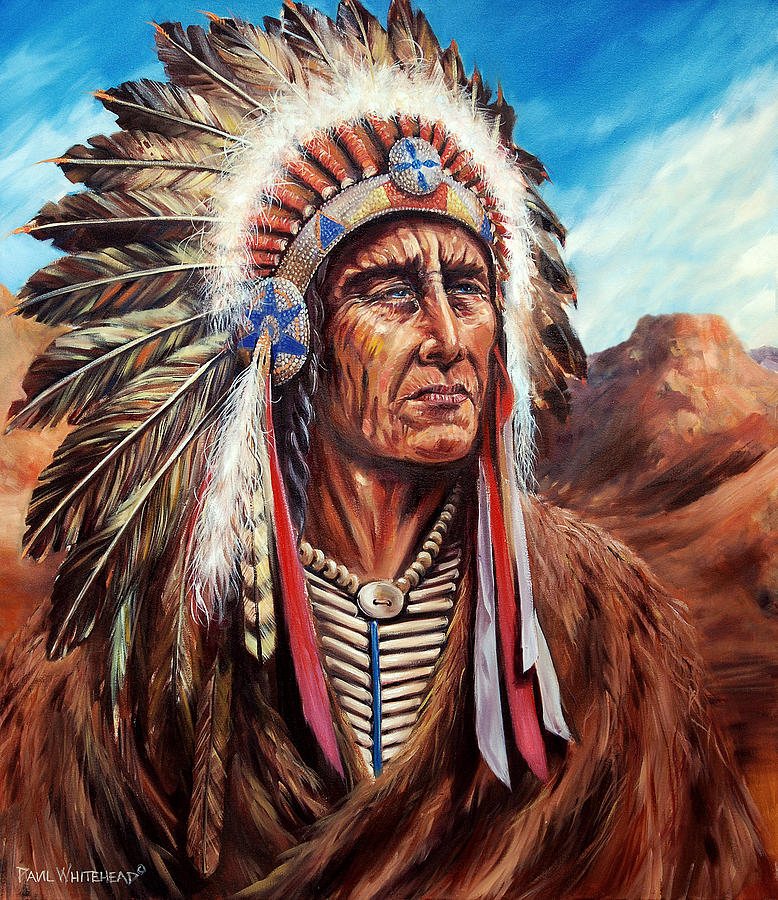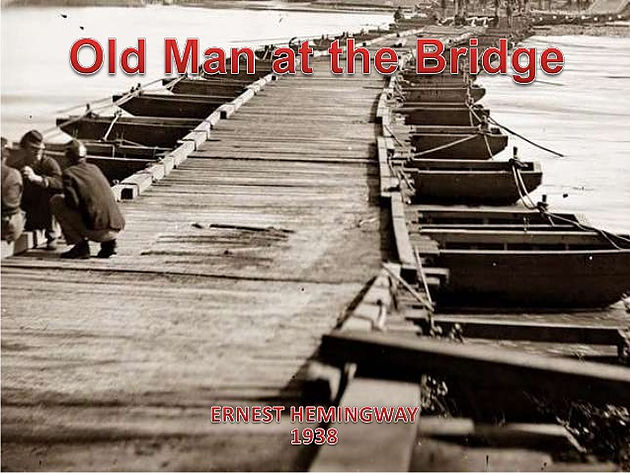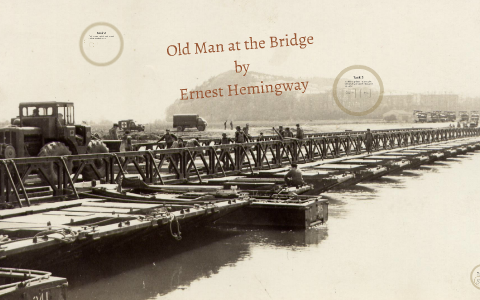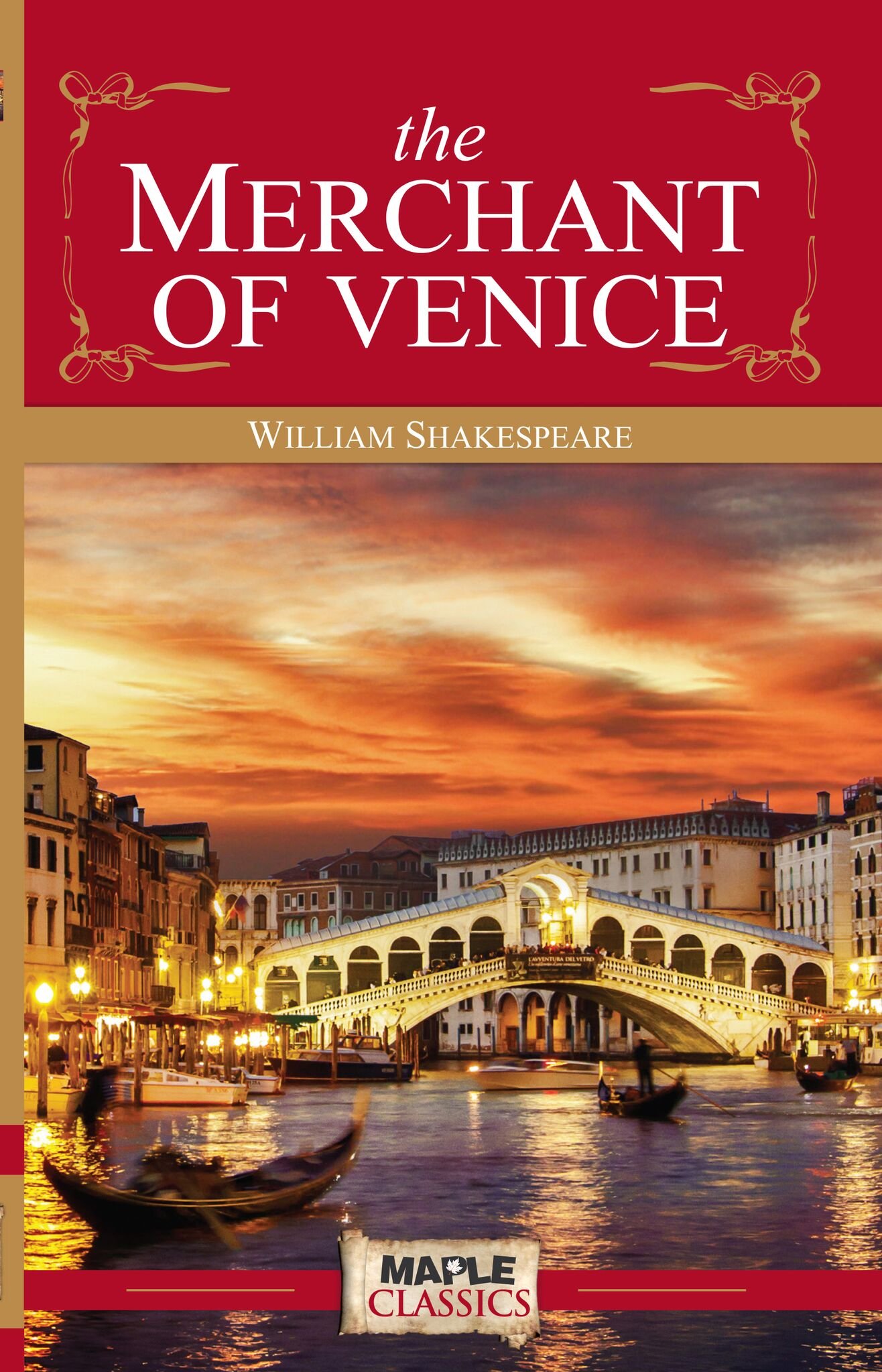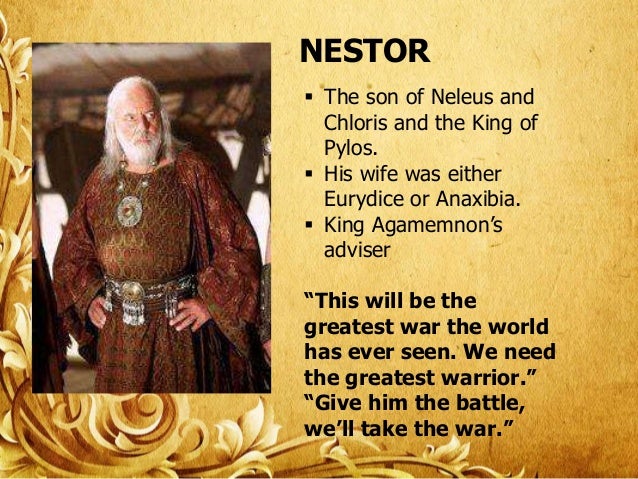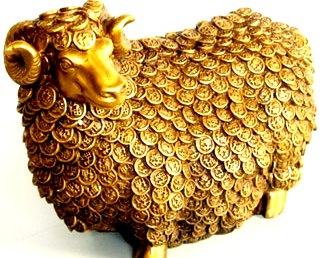A Horse And
Two Goats
R.K. Narayan
ASSIGNMENTS
Context
Questions
I. (i)
Something very small. Kritam, was probably the tiniest of the seven hundred
thousand villages in India as it was a microscopic dot on the survey map.
(ii) A map
gives the location of the village and the approach route to it. It serves as a
guide for motorists — sources of revenue for revenue collectors — boundary of
farms for farmers boundary of the village for administators.
(iii) Refer
to Setting, on Page 60.
(iv) Kritam
in Tamil meant "coronet" or "crown" on the brow of the
Indian subcontinent. Muni lived in the last house in the fourth street in the
village, beyond which stretched the fields.
(v) The Big
House, unlike other houses was built with brickand cement. It was painted
yellow and blue all over with carvings of
gods. The
others houses were of bamboo thatch, straw, mud and other unspecified
materials. The theme of Wealth and Poverty is reflected by the grandeur of the
Big House versus the poor unkempt state of the other houses.
II. (i) He
would take his sheep and goats everyday to the highway to graze around. He
carried a crook at the end of a bamboo pole to collect foliage from the avenue
trees to feed his flock.
(ii) In his
prosperous days Muni had owned a flock of forty sheep and goats. Gradually,
Muni's fortunes declined and his flock of forty was reduced to only two goats.
(iii) Muni's
wife would give him salted millet flour in boiled water for breakfast. For
midday meal, she would give him the same millet cooked into a little ball,
which he could swallow with a raw onion. This shows their poverty as they could
not afford anything else.
(iv) This
was done so that his two goats could graze only within a set radius and not
wander off and get lost. Although no one could say precisely -who owned the
tree, the only claim Muni had was that he lived in its shadow.
(v) Refer to
Muni, under Characterisation, Page 56 and Wealth and Poverty, under Themes,
Page 59.
III. (i) He
was tired of eating drumstick leaves alone. He wanted to relish drumstick with
sauce for a change.
(ii) His
wife agreed thinking that next year, Muni might not be alive to ask for
anything. She asked him to bring a few food items including a measure of rice
or millet.
(iii) To
attract the attention of the shopkeeper, Muni kept clearing his throat,
coughing and sneezing. Muni, responded appropriately at the shop man's jokes.
This helped him win the shop man over.
(iv) Muni
would go and sit outside the shop. He would make polite sounds by cleaning his
throat, coughing and sneezing until he caught the attention of the shop man. He
would humour the shop man by appropriately responding to his jokes and then
request the food items he needed.
(v) Refer to
Wealth and Poverty under Themes, Page 59 and Muni, under Characterisation, Page
56.
IV. (i)Muni
had been in the habit of coming to the shop, humouring the shopman and
requesting for one or two items of food with the promise of repaying later.
This time the shop man was not in a good mood so he lost his temper at Muni for
daring to ask for credit.
(ii) Muni
said that his daughter would be sending him money soon for his fiftieth
birthday. Muni was telling lies. He had no children.
(iii)
According to Muni, he was fifty year old. He calculated his age from the "time
of great famine" when he was as tall as the parapet around the village
well.
(iv)
According to the shop man, Muni was seventy years old. Muni might have been be
referring to himself as fifty years old, since past few years.
(v) In this
extract Muni exhibits his quick wit to come up with convincing lies. Though a
liar, he is harmless. His quick wit is shown when:
(1) the shop
keeper asks for money to clear his debt and he replies he'd clear his dues on
the first of the next month;
(2) after
this extract he says his daughter would send him money. He has an answer to all
the shopkeeper's questions.
V. (i) The
shop man is referred to as scoundrel. Muni was annoyed because the shop man
mocked at his habit of mentioning his birthday time and again to procure things
on credit.
(ii) Muni
didn't argue because he knew that if he obeyed his wife she would somehow
conjure up some food for him in the evening. Muni trusted her as far as his
welfare was concerned. He knew by taking up occasional jobs in the Big House, she
would earn some money to keep dinner ready for him in the evening.
(iii) She
would go out and work — grind corn in the Big House, sweep or scrub somewhere,
to earn enough money to buy foodstuff.
(iv) When
Muni was passing through the village, he avoided looking at anyone. He even
ignored the call of his friends. He was ashamed of his poverty and
childlessness.
(v) Refer to
Muni's Wife under Characterisation, Page 58.
VI. (i) The
statue referred to is that of a horse. The statue was life-sized made of burnt
brightly coloured clay. It stood with is head held high and its forelegs in the
air.
(ii) The
statue of the warrior beside that of the horse is depicted as a man of strength
through his description as a warrior with "scythe-like mustachios, bulging
eyes, and aquiline nose."
(iii) Nobody
from the village noticed its existence. Even Muni, who spent all his day at the
foot of the statue, never bothered to look up and notice the splendour of the
statue.
(iv) Muni
didn't go back home early because he wanted to give his wife time to cool off
her temper and feel sympathetic enough to arrange some food for him.
(v) Refer to
Wealth and Poverty and Materialism versus Spiritualism, under Themes, Page
57-58.
VII. (i) The
red faced foreigner entered the story in a strange yellow vehicle. He stopped
it, got down and went around it, poked under the vehicle because his car ran
out to gas.
(ii) The
foreigner was an American businessman. He looked up the at the clay _horse and
cried, "Marvellous".
(iii) As
soon as Muni met the foreigner his first impulse was to run away but his age
did not allow him. He assumed the foreigner to be a policeman or a soldier
enquiring about a rumoured murder.
(iv) The
foreigner was wearing khaki clothes. It made Muni think that he was a policeman
or a soldier. To put Muni at ease, the other man pressed his palms together,
smiled, and said, "Namaste!"
(v) Muni
said that his name was Muni and the goats belonged to him. The village was full
of slanderers who would claim what was not theirs. Refer to Language Barriers
under Critical Appreciation, Page 62.
VIII (i) The
foreigner was a tourist in India. He was a rich American businessman who dealt
in coffee.
(ii) The
foreigner's polite behaviour on meeting Muni for the first time. As a courtesy
he offered Muni a cigarette. Muni, being a Tamil speaking man could not
understand the foreigner, and used the only English words he knew, i.e.,
"yes, no".
(iii) Muni
remembered the cigarette the shop man had given him on credit. He recalled how
good it had tasted. When the foreigner flicked the light open Muni was confused
about how to act so he blew on the light and put it out.
(iv) Muni
started coughing. It pained him but it felt extremely pleasant. The strong
American cigarette made Muni's head reel.
(v) Muni
feared that the business card was an arrest warrant and he moved back. It shows
Muni's ignorance. Muni is a poor illiterate villager who distrusts anyone in a
semblence of a uniform.
IX. (i) The
foreigner was wearing khakis which is the colour of a policeman's uniform. Muni
mistook the foreigner for a policeman. He was too old to outrun the foreigner
so he spoke in a fearful tone to talk his way out of trouble.
(ii) A
mutilated dead body had been found thrown under a tamarind tree at the border
between Kritam and Kuppan a few weeks ago. Muni is a theist who believed that
"Bhagwan is all seeing" so "Bhagwan" alone would know about
the murder. Muni feared that the khaki-clad foreigner was a policeman enquiring
about the murder.
(iii) Muni
mistook the foreigner's khaki dress and thought the foreigner to be a
policeman. It shows Muni's ignorance about the world outside his remote
village.
(iv) Refer
to The Title, Page 56.
(v) Refer to
Clash of Cultures, under Themes, Page 58.
X. (i) The
foreigner said that Tamil to him "sounds wonderful" and he got a kick
out of every word Muni uttered. The foreigner assumed Muni to be engaging in
sales talk and told him that he already appreciated the article and could given
a better sales talk.
(ii) Pongal
is a four-day harvest festival celebrated in Tamil Nadu. During Pongal Muni and
father would cut the harvest. Muni would then go out and play with others at
the tank.
(iii) Refer
to Knowledge and Ignorance under Themes, Page 59.
(iv) Muni
realised that for a continuous supply of cigarettes he needed to humour the
foreigner. He began a monologue about the horse being mythological
(v) Refer to
Muni's wife under Characterisation, Page 58.
Child
marriage was prevalent, as in the case of Muni and his wife. Women were
honoured as seen as nuturers but they needed a man to support them. Muni knew
his wife would garner the raw materials and prepare his drumstick gravy. He was
worried what would happen to her after his death.
XI. (1)
Refer to IX, (ii) and (iii).
(ii) Refer
to Notes, Page 64. At the end of Kali Yuga, this world and all other worlds
will be destroyed, and the Redeemer will come in the shape of a horse called
Kalki and save all good people while evil ones will perish.
(iii) Refer
to Language Barrier, under Critical Appreciation, Page 62.
(iv) The
living room of the foreigner has a large bookcase filled with volumes of books.
There are books piled up too.
(v) Muni
describes the horse as mythological `Kalki' who would save all the good people
and trample upon the evil ones. The foreigner assures Muni that he would keep
the statue with utmost care in his living room in his house in the USA.
XII. (i) The
foreigner. Muni was reflecting on the end of the world and asked the foreigner
if he had any idea when Kali Yuga would end.
(ii) Muni
had heard from passers-by that there were Jkapi-hotels' opened at the Friday
Markets in the next town along the highway. Muni only recognised the word
"coffee" in the foreigner's conversation. He thought that the
foreigner wanted to drink coffee.
(iii) At the
end of the world the Redeemer would come on the horse statue which would grow
bigger and be called Kalki. There would be floods in which Kalki would carry
good people to safety and the evil would perish.
(iv) The
foreigner claimed that he was a modest businessman dealing in coffee. However
he bragged about having the best home. He was a shrewd businessman — he
realised he had bragged too much about his house. He took out a hundred rupee
note and started bargaining over the price of the statue.
(v) The
foreigner planned to cancel his air ticket and travel by ship with the horse in
his cabin. He intends to keep the horse in his living room in his house in the
USA.
XIII. (i)
Muni was asking the red man about his children, if any. The red man did not
understand Muni. He assumed that Muni was speaking about the statue, so he offered
him hundred rupees for it. The humour here arises out of each ones inability to
understand the other. They seemed to be conversing, but in reality, they are
talking about entirely unrelated subjects.
